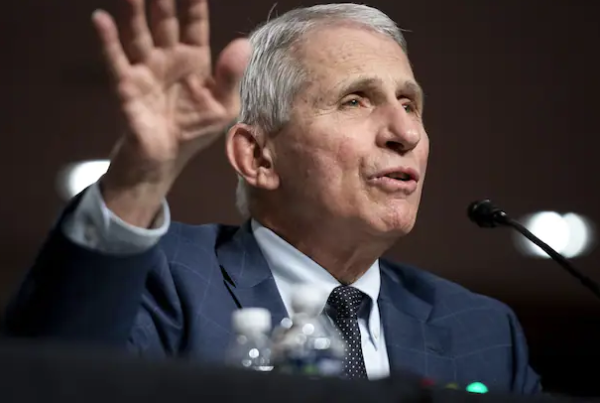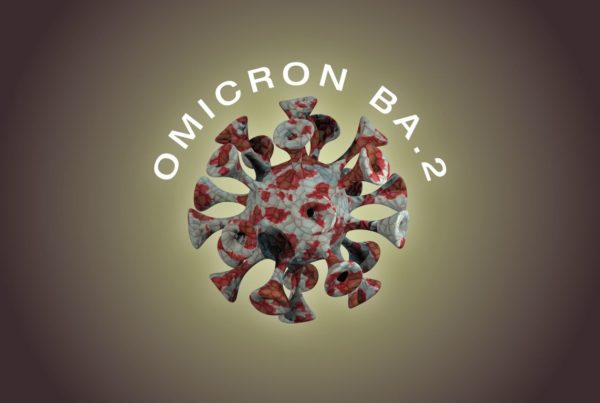Third doses of the Pfizer-BioNTech SARS-CoV-2 vaccine are now recommended for certain US populations at least 6 months after their primary 2-dose series. Following the FDA’s authorization of third doses of the Pfizer-BioNTech vaccine on September 22, the CDC’s Advisory Committee for Immunization Practices (ACIP) on September 23 voted to recommend booster doses be offered to people aged 65 years and older, residents in long-term care facilities, people aged 50-64 years with underlying medical conditions, and individuals aged 18-49 who have underlying medical conditions. The ACIP rejected a proposal to offer the shots to people aged 18-64 who are at an increased risk of COVID-19 because they live or work in high-risk occupational and institutional settings, including healthcare workers and teachers. Later the same day, in an unusual move, CDC Director Dr. Rochelle Walensky aligned her recommendation with the FDA’s authorization instead of the CDC committee’s recommendations, to include those who work in high-risk settings to be eligible for booster shots. Several ACIP members expressed surprise over Dr. Walensky’s decision, which highlights ongoing divisions and confusion among federal regulators, Biden administration officials, and outside advisers about efforts to bring the pandemic under control. While the new CDC recommendations authorize millions of US residents to receive a third dose, the plan still falls short of President Joe Biden’s original announcement that booster shots would be available to all US residents. Biden administration officials are expected to announce a plan for rolling out booster shots as soon as today. The current recommendations only apply to the Pfizer-BioNTech vaccine, but a decision on boosters for the Moderna and J&J-Janssen vaccines could come within weeks.
Gilead Sciences’ antiviral COVID-19 treatment Veklury, also known as remdesivir, appeared to reduce hospitalization among non-hospitalized patients at high risk of disease progression when given early in the disease, according to Phase 3 clinical trial results released in a September 22 press release. The results have not yet been published or peer-reviewed. The randomized, double-blind study evaluated the efficacy and safety of a 3-day regimen of remdesivir, which is delivered intravenously. Among the 562 patients assigned 1:1 to receive remdesivir or placebo, the remdesivir group experienced a statistically significant 87% reduction in risk of COVID-19-related hospitalization or all-cause death by Day 28 when compared with the placebo group. The treatment group also had an 81% reduction in risk for medical visits due to COVID-19 when compared with the placebo group. No deaths occurred in the study by Day 28. The safety profile between remdesivir and placebo were similar, with the most common adverse events in the remdesivir group being headache and nausea. Veklury was the first COVID-19 treatment to receive full FDA approval, for use among adult and pediatric patients requiring hospitalization. However, there remains controversy over its effectiveness, with clinical trials showing varying success of the drug. Although antivirals tend to work better early in the course of disease, the drug’s intravenous administration presents logistical challenges for its use in non-hospitalized COVID-19 patients.
CSSE is reporting 42,776,254 positive cases in the U.S. and 686,346 deaths. DOH reported for the week ending September 23, 3,539,272 confirmed cases in Florida, with 53,580 deaths.



